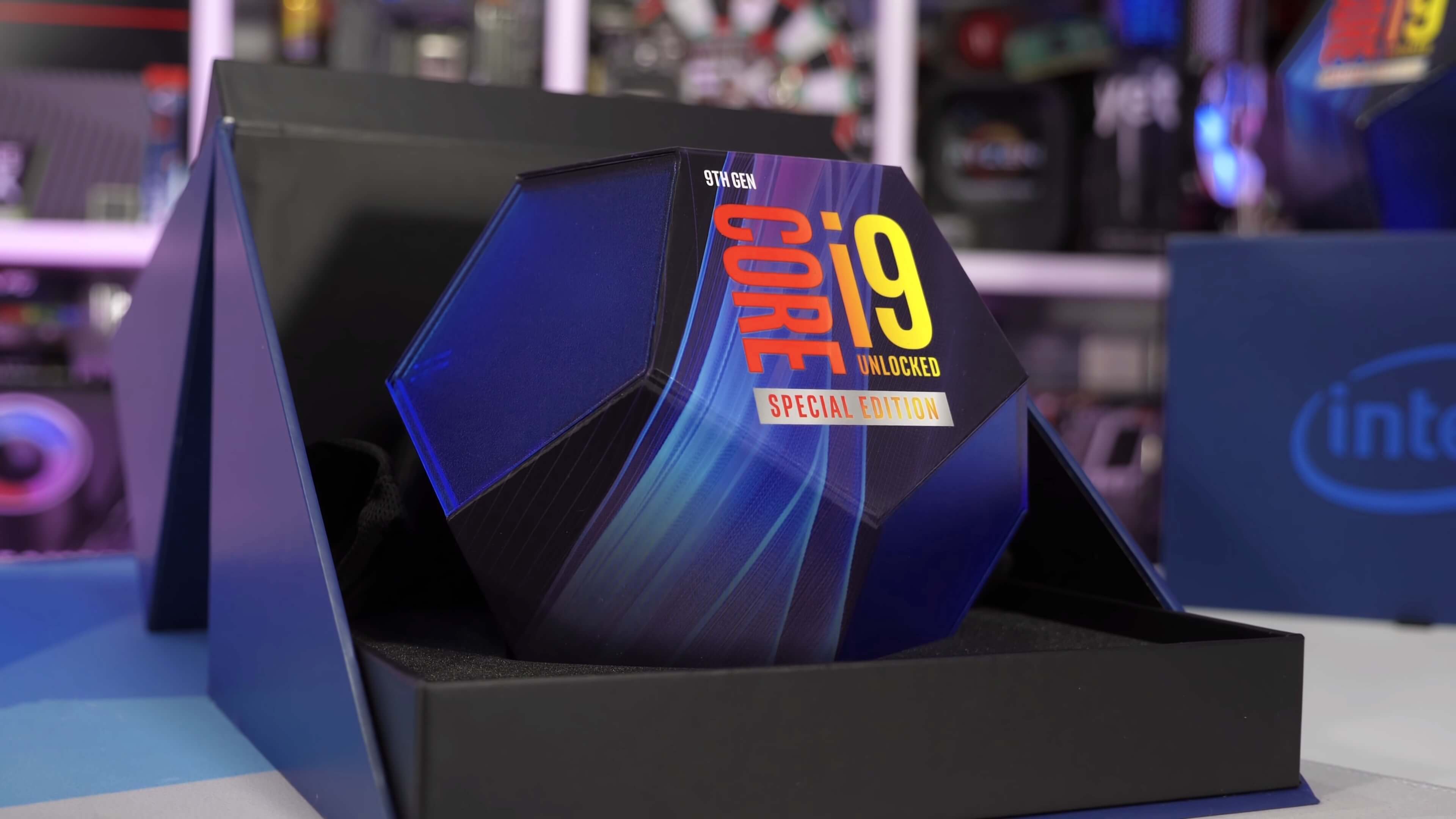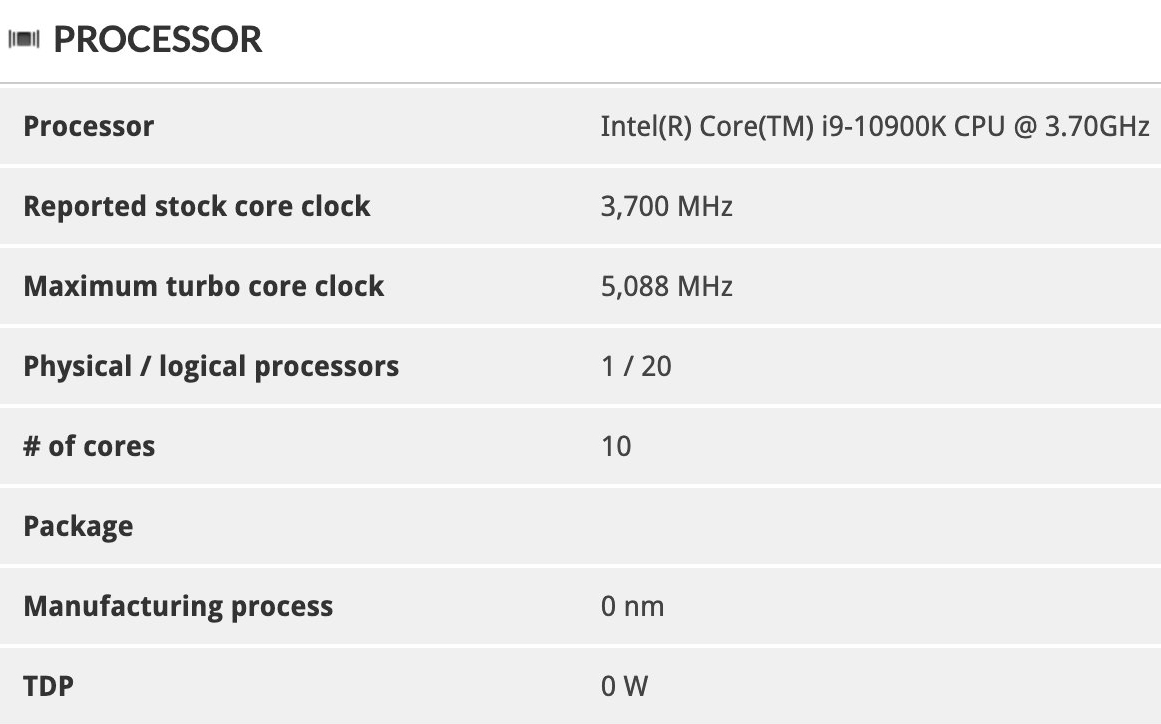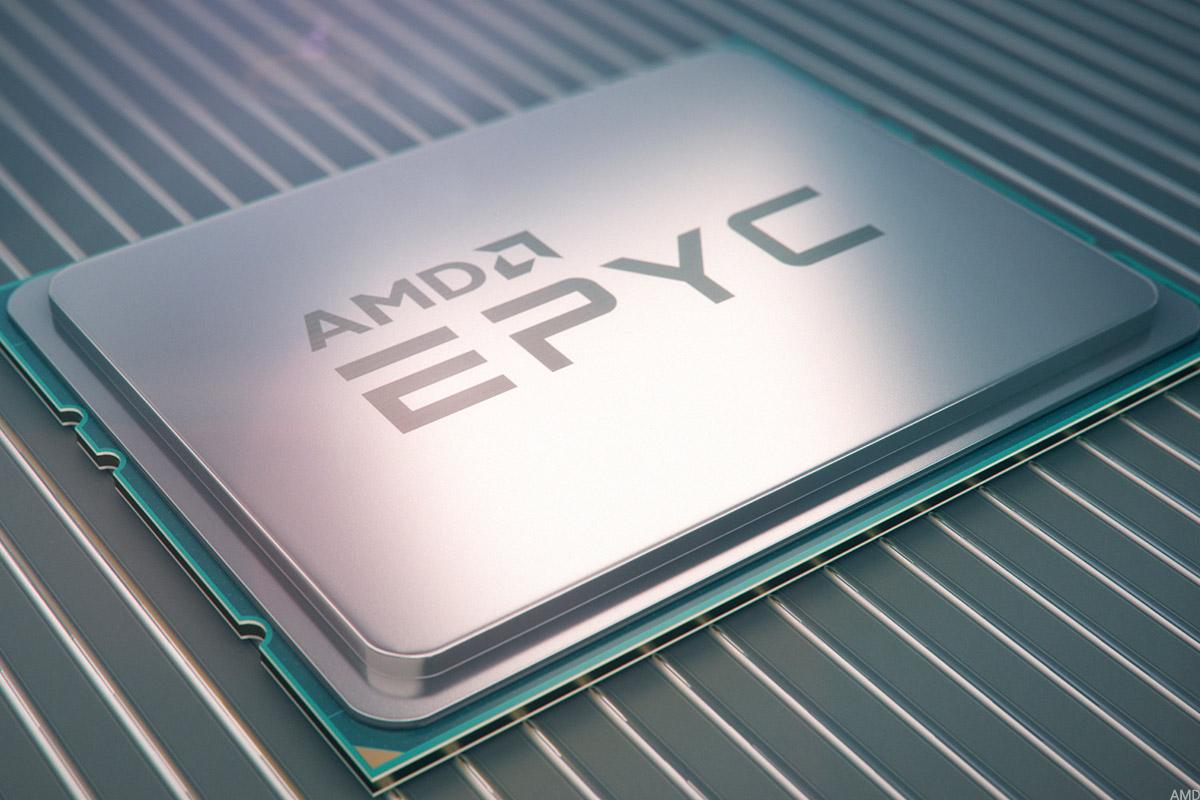Something to look forward to: Intel’s upcoming Core i9-10900K CPU will carry a base clock of 3.7GHz and boost up to 5.1GHz according to recently uncovered results from a 3DMark benchmarking run. The chip could be Intel's best shot at holding off AMD but will excess heat generation be a concern?

A screenshot of the 3DMark entry was shared earlier today by Twitter user _rogame. The 14nm Comet Lake chip is said to pack 10 physical cores with 20 threads and is rumored to be accompanied by a 20MB cache.
According to Tom’s Hardware, coolers compatible with LGA 115x sockets should work on new LGA 1200 boards as they have the same mounting hole dimensions. That said, you’ll want to make sure your cooler of choice is capable of dissipating the heat that the i9-10900K will generate.

The 3DMark listing unfortunately didn’t have a value for the chip’s TDP but considering it is based on aging architecture, many expect it to run a bit warm.
Also worth mentioning is that earlier rumors suggest the i9-10900K will utilize Intel’s Turbo Boost Max Technology 3.0 and Thermal Velocity Boost features which will reportedly allow the chip to boost up to 5.3GHz.
We should get the full scoop in the coming months as partners are rumored to be announcing Z490 motherboards sometime in May.
https://www.techspot.com/news/83814-intel-core-i9-10900k-spied-3dmark-database-51ghz.html
